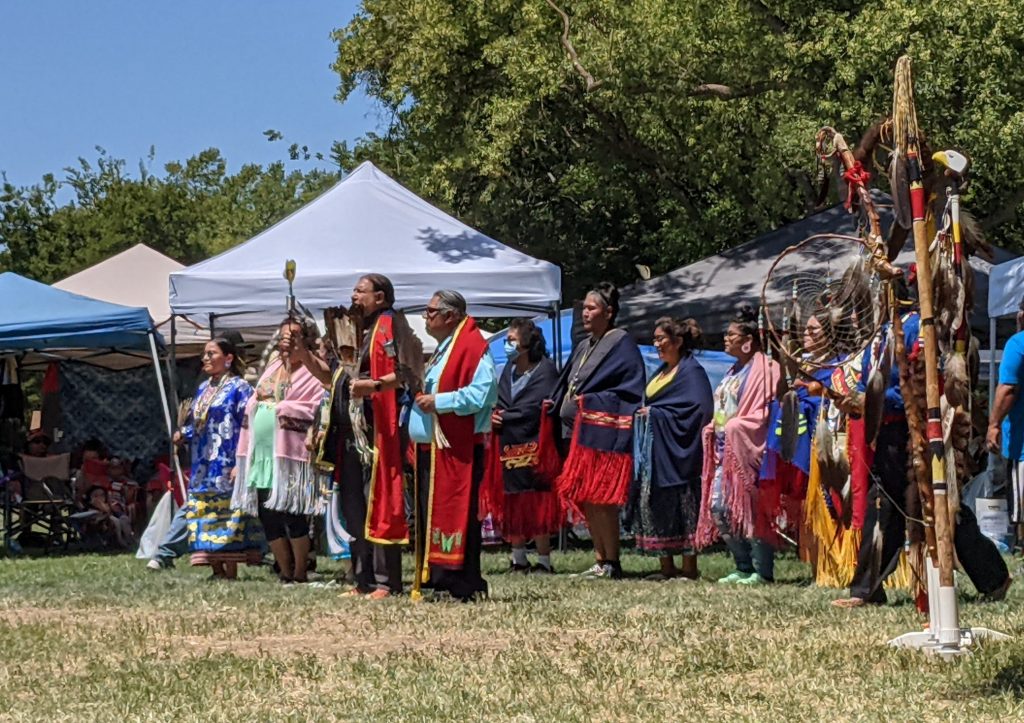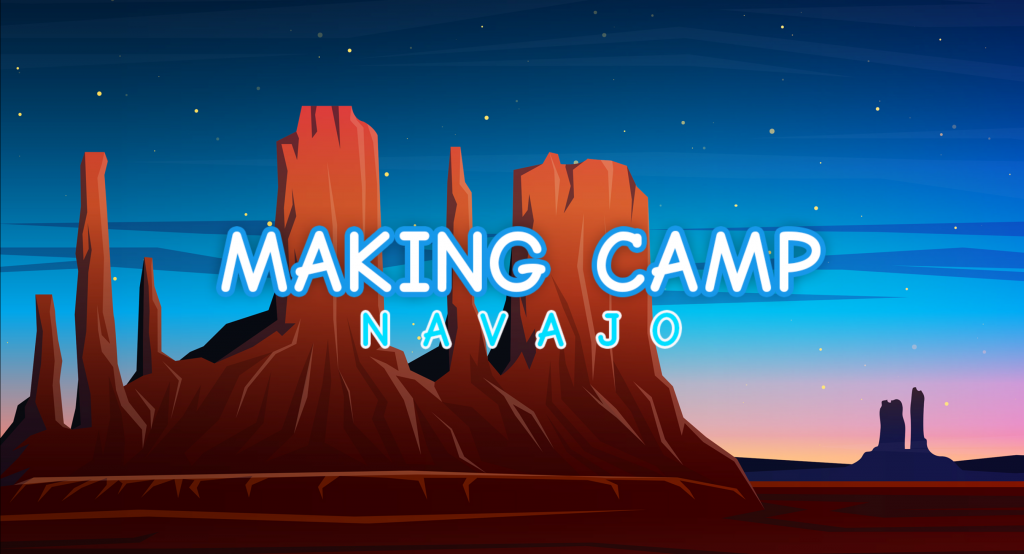No, it is not too late to celebrate Indigenous Peoples’ Day. It’s a newly federally designated day dedicated to Indigenous People that will now be observed in the United States according to President Joe Biden, who signed into effect on October 8, 2021. Read the proclamation here.
A Historical Moment in the US
It is the first observance day of its kind. Columbus Day observes the discovery of what was historically termed the “New World” by the Italian explorer, Christopher Columbus. However, the “New World” already had long-term residents, and, having had established cultures, languages, livelihoods, customs, and spiritual or religious ceremonies, they knew where they belonged. Somehow, some way, many tribes continue to survive even now, despite systemic efforts by both 1492 colonizers and those who followed, at state and federal levels, to assimilate and eradicate them and their cultures. It is the resilience of Native people that keeps their collective memories of their cultures and histories alive.
Sovereignty is Granted Only to Federally Recognized Tribes
Many tribes today are working to retain their sovereign status, which is legally granted by the US government through the Department of the Interior. Many tribes who do not have federal recognition continue to seek status for their tribal members. The Chinook Indian Nation and the Snohomish tribes of Washington state, as an example, have found it difficult, if not impossible, to legally attain sovereignty. The legal interpretation of tribal federal recognition has been interpreted many times to include or exclude certain tribal groups from attaining sovereign status.

With sovereignty and tribal recognition comes federal funding for local tribal government, through the Bureau of Indian Affairs, which is designated for tribal health care, education, infrastructure and other necessities of a governed state. Without federal recognition, a tribe is essentially cut off from these resources, which may negatively impact their community, culture and language.
Federal recognition, though considered a safety net by many, comes with its own challenges: land status revocation, blood quantum system, and unsustainable sources of revenue. Federal status is granted to tribes whose ancestors signed treaties that resulted in ceding land to the government.
Hope for the Future
Though it is complicated in securing federal status and keeping a tribal nation sustainable and healthy, the majority of all tribal people want to see their cultures and histories survive. For now, a day dedicated to celebrating Indigenous people could not have come too soon.

